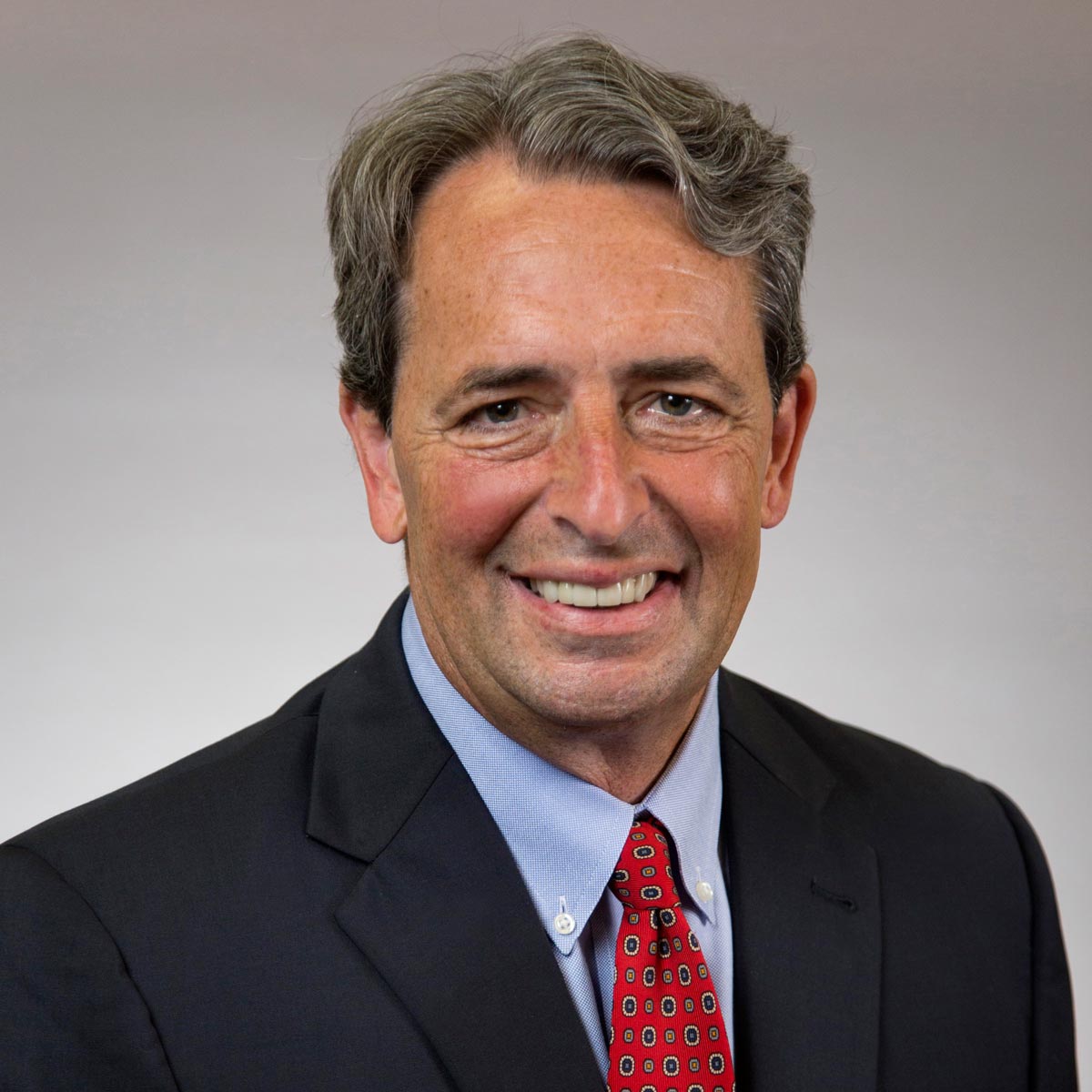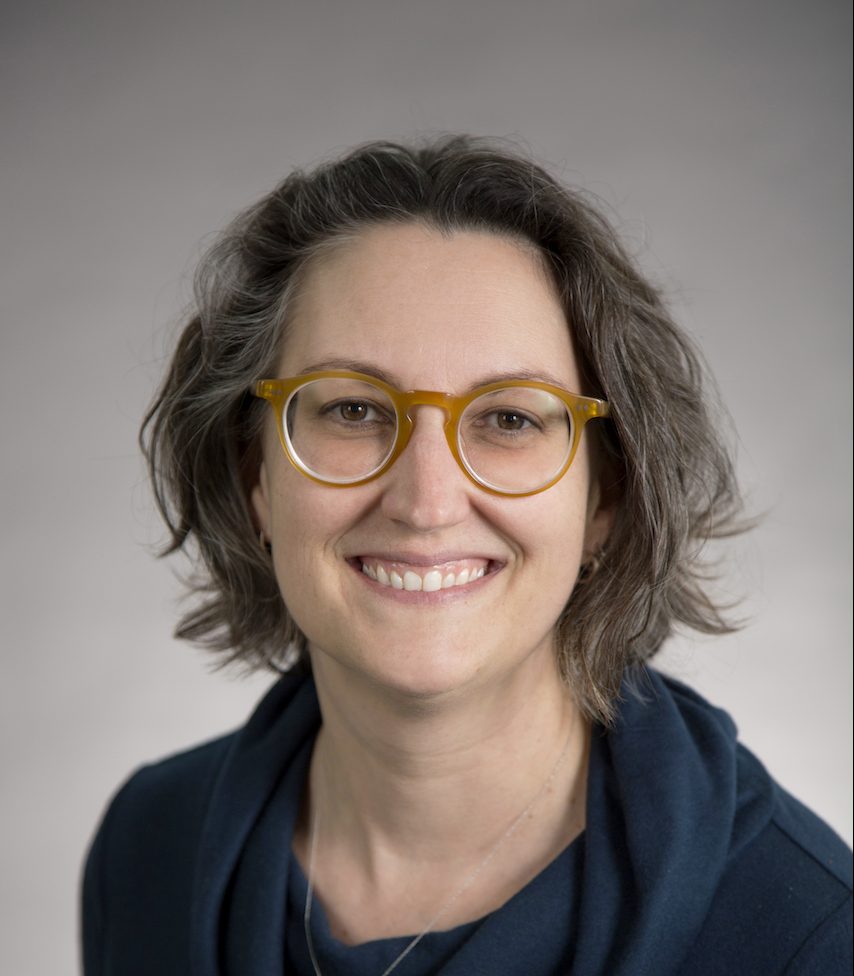CODA’s Executive Director Tim Hartnett announced his retirement today (April 22, 2019), along with the news that Deputy Director Alison Noice will become Acting Executive Director on May 1.
Tim will assume the role of Strategic Advisor to our Board of Directors in order to shape special projects and partnerships until his official retirement in October 2019.


CODA has experienced nearly two decades of growth and expansion under Tim’s leadership, evolving from a small organization to one serving more than 4,000 patients annually at 10 different facilities in Multnomah, Clackamas and Washington counties. He has launched specialty programs for underserved populations with complex needs including pregnant women and new mothers, homeless persons, and those in the criminal justice and child welfare systems. During this time, CODA’s nationally recognized Research Department was created under the leadership of Katharina Wiest, Ph.D.
Tim has served on the Governor’s Opioid Epidemic Task Force and the Oregon Alcohol and Drug Policy Commission. He is a past president of the Oregon Prevention Education and Recovery Association (OPERA) and has served on the executive and steering committees of the National Institute on Drug Abuse Clinical Trials Network. He is a non-voting member of the executive committee of the Oregon-Idaho High Intensity Drug Trafficking Area program.
Since her arrival in 2010, Alison has been a key player in CODA’s clinical operations and community impact initiatives. She modernized our clinics and drove crucial shifts in public perceptions associated with medication-assisted recovery.
 In his announcement to CODA staff, Tim noted that “Alison is recognized in the state as a dynamic, proven leader in delivering evidence-based treatment to people in need. Her energy, integrity and knowledge will be integral as the agency moves forward.”
In his announcement to CODA staff, Tim noted that “Alison is recognized in the state as a dynamic, proven leader in delivering evidence-based treatment to people in need. Her energy, integrity and knowledge will be integral as the agency moves forward.”
Alison told staff that CODA’s goals remain the same, that is, “to enhance the pursuit of innovative treatment methodologies and specialized recovery centers crucial to public health.” She added: “We will continue to provide safe haven for individuals in need, providing medication-assisted treatments, counseling and case management, as well as specialized outpatient and residential programs. As we head into the agency’s next 50 years, we’re encouraged by the new opportunities ahead for our patients, our employees and our community partners.”